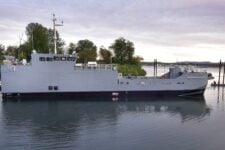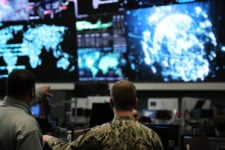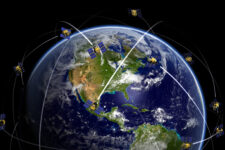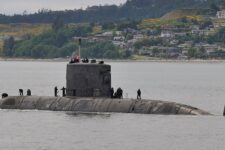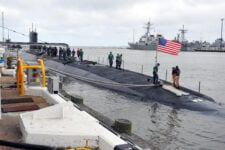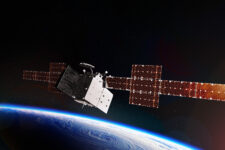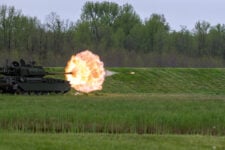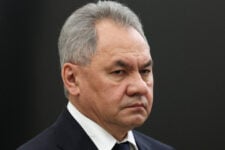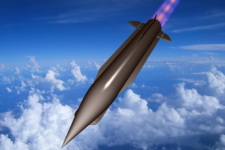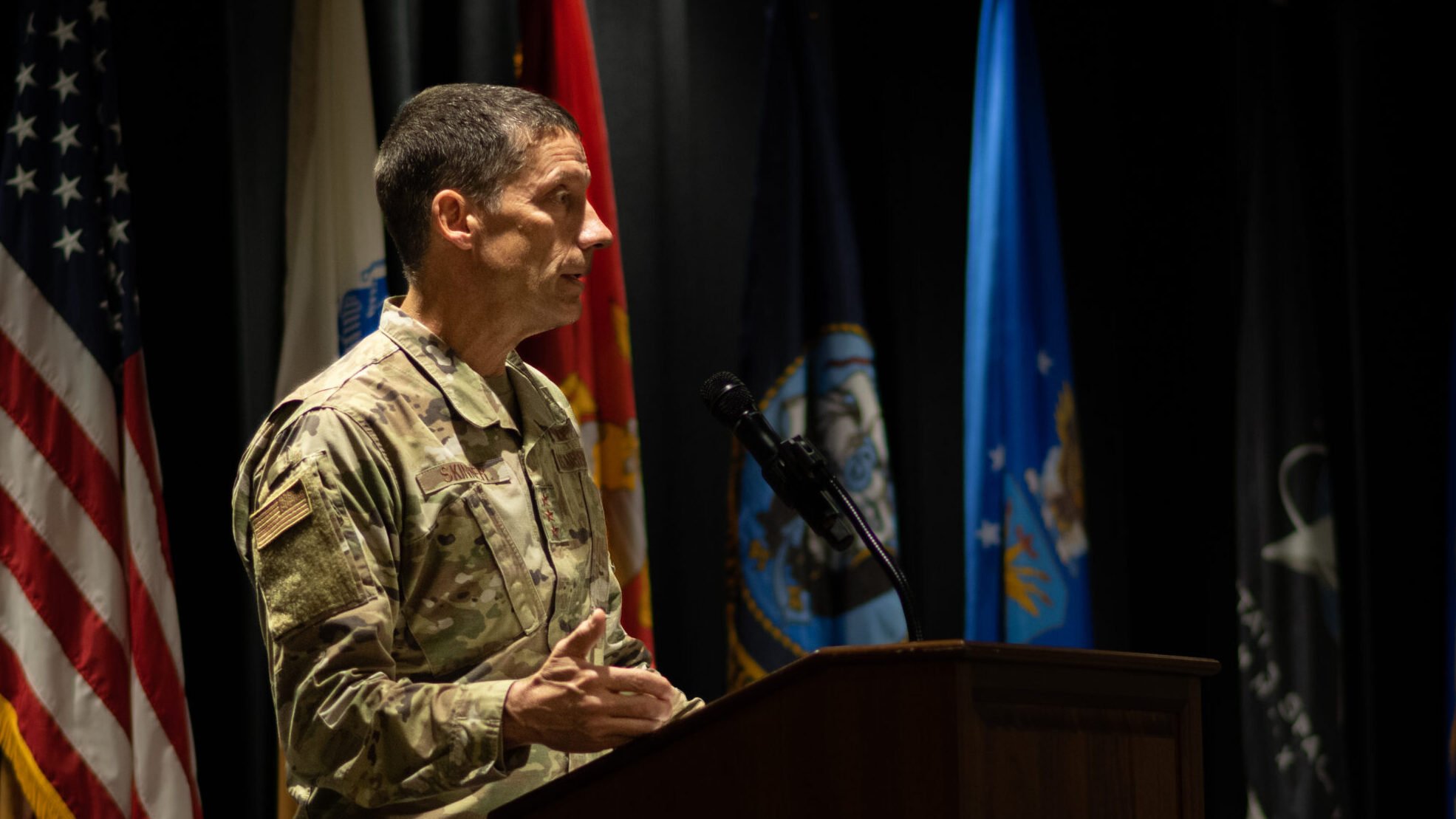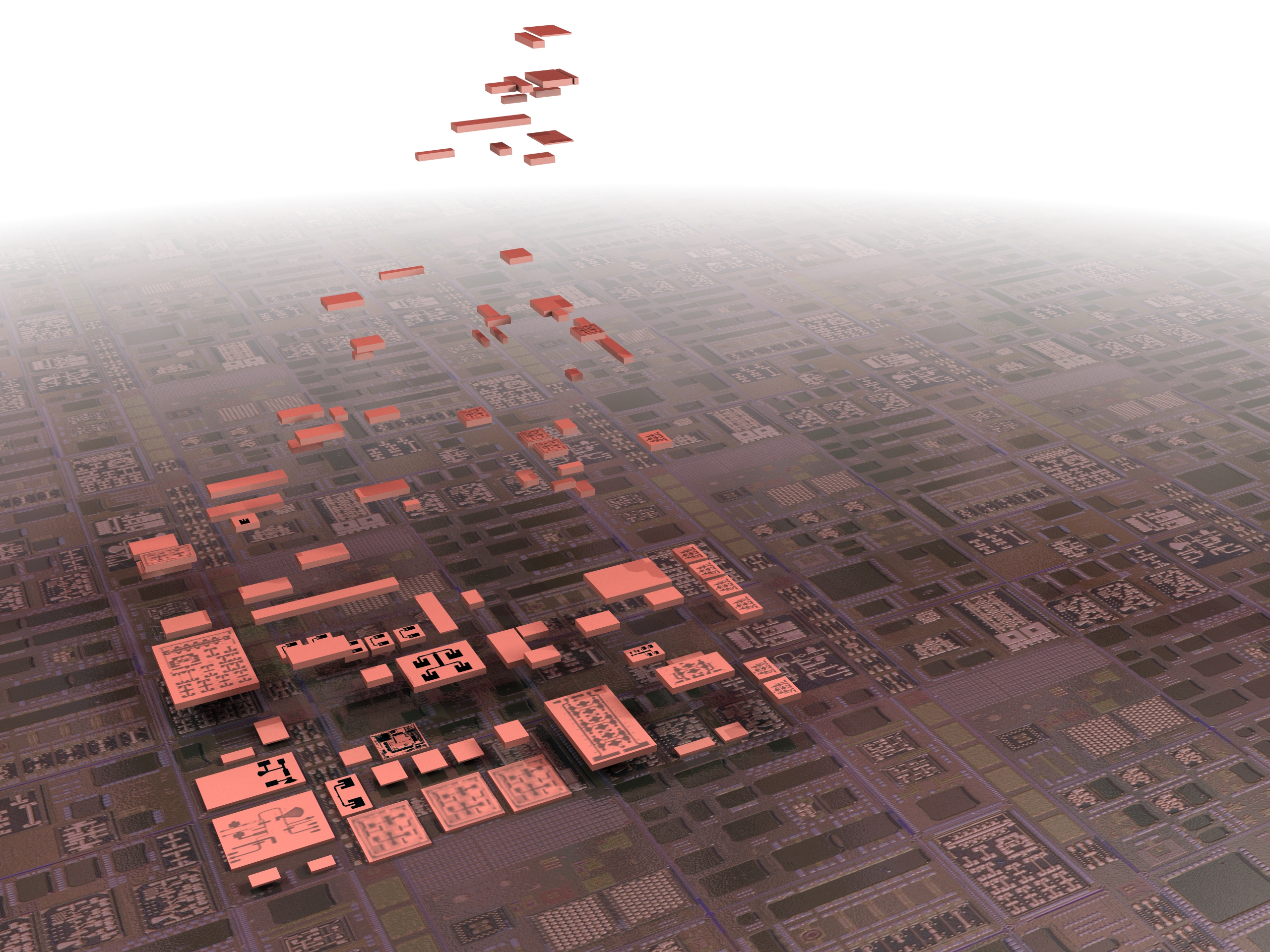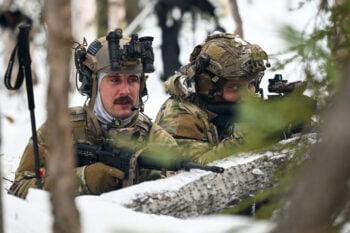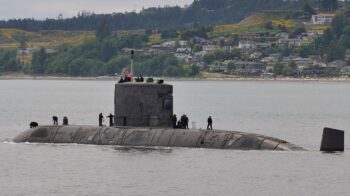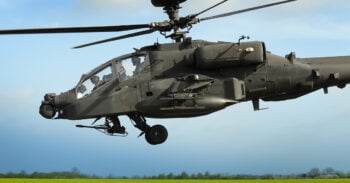

AI is driving a tsunami of private-sector open-source intelligence. Now the federal Intelligence Community just has to figure out how to ride the wave.
By Sydney J. Freedberg Jr.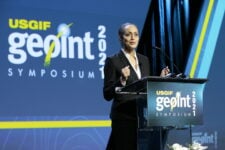
The status change should give the Space Force more weight in debate about how to share acquisition authority for commercial intelligence, surveillance and reconnaissance.
By Theresa Hitchens
The Defense Department wants to explore Large Language Models for everything from paperwork to war plans – without being misled by hallucinations or having sensitive information sucked up by commercial LLMs hungry for training data.
By Sydney J. Freedberg Jr.
The National Intelligence Program was budgeted for $71.7 billion while the Military Intelligence Program was funded at some $26.6 billion in fiscal 2023.
By Lee Ferran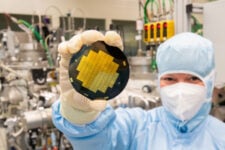
New “quantum resistant” encryption standards won’t be finalized until next year, but officials and experts say agencies and industry should start hunting vulnerabilities hidden in their software and hardware, including embedded chips critical to US weapons.
By Sydney J. Freedberg Jr.
“In addition, shared global challenges, including climate change, human and health security, as well as emerging and disruptive technological advances, are converging in ways that produce significant consequences that are often difficult to predict,” DNI Avril Haines writes in the 2023 National Intelligence Strategy.
By Theresa Hitchens
China’s growing number of intelligence, surveillance and reconnaissance satellites are “designed to find, fix, track and target US forces and allied forces. They’re designed to help kill sailors, airmen, soldiers, and Marines,” said Brig. Gen. Anthony Mastalir, head of the Space Force’s Indo-Pacific component command.
By Theresa Hitchens
From Asia to the Middle East, worries rise like flood waters over the future of water security.
By Lee Ferran
“If we don’t adapt, others will set the rules and challenge our new leadership. We should set the rules,” said Stacey Dixon, deputy director of national intelligence.
By Theresa Hitchens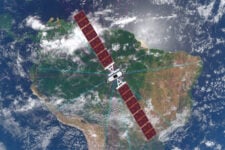
ODNI is working on providing outside partners with declassified explanations of the office’s science and technology priorities, said John Beieler, director of science and technology.
By Theresa Hitchens
“There’s no question that as you pull out… our intelligence collection is diminished,” Haines said. “In Afghanistan, we will want to monitor any reconstitution of terrorist groups.”
By Brad D. Williams
Space Force is not a voting member of the new(ish) IC Commercial Space Council to improve coordination on commercial space policy — but NRO and NGA are.
By Theresa Hitchens
“That was a list of about as many awful things in 10 minutes as I may have heard in recent time,” Sen. Mark Warner said of the DNI’s threat assessment. Top of mind: China, cyber, and emerging tech.
By Brad D. Williams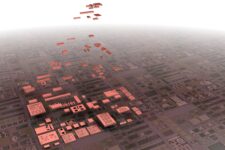
Corell spoke on information and communications tech (ICT) supply chain risks on the same day DARPA and Intel announced a three-year partnership to develop and domestically manufacture new semiconductors for DoD applications.
By Brad D. Williams
